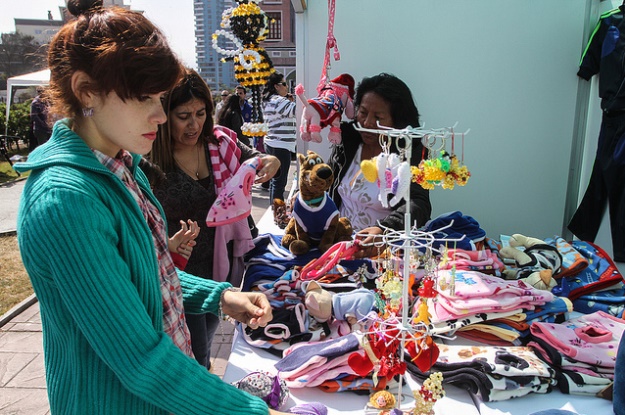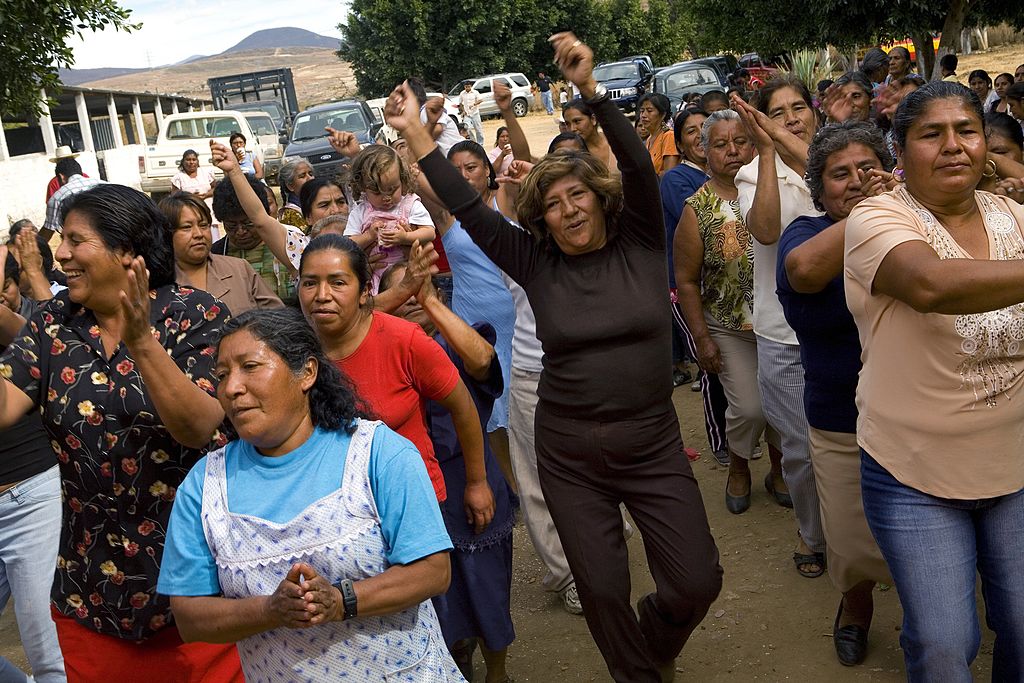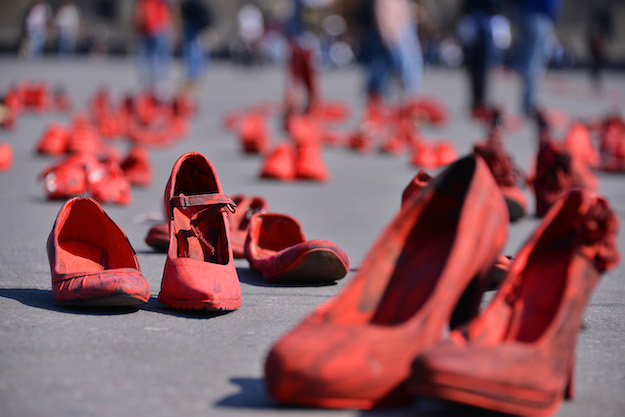Vilma Tellez Ballesteros has been a coffee producer for most of her life, running a successful business from her home in northern Nicaragua for more than two decades. But when she goes to the bank to negotiate loans, she brings her husband with her. “They listen to him,” her daughter, Carmen Davila Tellez, told AQ.
With few ways to access credit and facing a machista culture that often limits business opportunities for women, Tellez’s way of dealing with the bank is not surprising. Although Nicaragua has been lauded for recent efforts to improve gender equality, women entrepreneurs in Nicaragua still face far more challenges to running successful businesses than their male counterparts. And while the problem is not unique to Nicaragua, it is particularly acute: AQ’s 2016 Social Inclusion Index ranked the country last in the region in access to formal jobs and financial inclusion for women.
Unlike her mother, Davila, 38, handles negotiations for her own business herself. But it hasn’t been easy. After starting a retail coffee business in 2006, for the past year Davila has been trying to expand, working with a local bank to secure a loan. Although she has collateral as a guarantee, is legally registered and meets all of the minimum financial requirements for the loan, the bank still hasn’t approved her. “There’s always a legal hitch, a financial hitch – even though I resolve them,” Davila told AQ. Employees at the bank keep asking her for another signature, another document – or claim to be “evaluating” her case.
Davila chalks part of the problem up to a machismo culture that is slow to accept women as independent entrepreneurs. “Bureaucracy is used as a camouflage (for gender discrimination),” she said, citing her brother as an example: While he brings in less than $2,000 a month, he was recently approved for a $50,000 loan – without being asked for a guarantee.
Davila’s experience is fairly common, according to Marina Stadthagen, executive director of the Network of Nicaraguan Women Entrepreneurs (REN). She told AQ that access to credit is the biggest challenge facing women entrepreneurs today. “The main problem is guarantees,” Stadthagen said. Just 19 percent of the land owned in Nicaragua is owned by women, so women often lack the collateral necessary to get loans. Women are also paid around 30 percent less than men, so they have a harder time accumulating capital in the first place.
And Davila has few options other than to wait for her loan to be approved. Many micro-lending institutions, which are usually less bureaucratic, often charge upwards of 20 percent annual interest, compared to traditional bank rates that generally range from 12 to 14 percent.
To find alternatives, groups like REN are working to promote policies that would improve women’s access to credit. Nicaragua’s legislature has already discussed a bill to allow small business owners to use their car or machinery as a guarantee for a loan, though the legislation has stalled. A proposed reform to an existing law would allow trade associations to create funds for guarantees, but it has yet to be approved. These measures would help all small and medium-sized businesses, but women would see particular benefit, since approximately 80 percent of women-owned businesses fall into the category. “For us, any laws that favor small and medium businesses favor women,” Stadthagen told AQ.
But in the end, access to credit is just part of the problem. “The culture is extremely machista,” Stadthagen told AQ. “Women are expected to take care of the home and family,” she said, leaving little time for education and training that could further help them succeed in entrepreneurial ventures.
Gender-focused policies could help to at least expand access. One initiative that REN is undertaking, in conjunction with the National Microfinance Committee (CONAMI), is focused on integrating gender-focused financial and entrepreneurial education into the formal education system.
“If we had the right policies, we might be able to improve the gender gap,” Stadthagen told AQ. “But you have to work at all of the levels: at the educational level, the family level, the state level.”
—
Bons is an editor for AQ.







